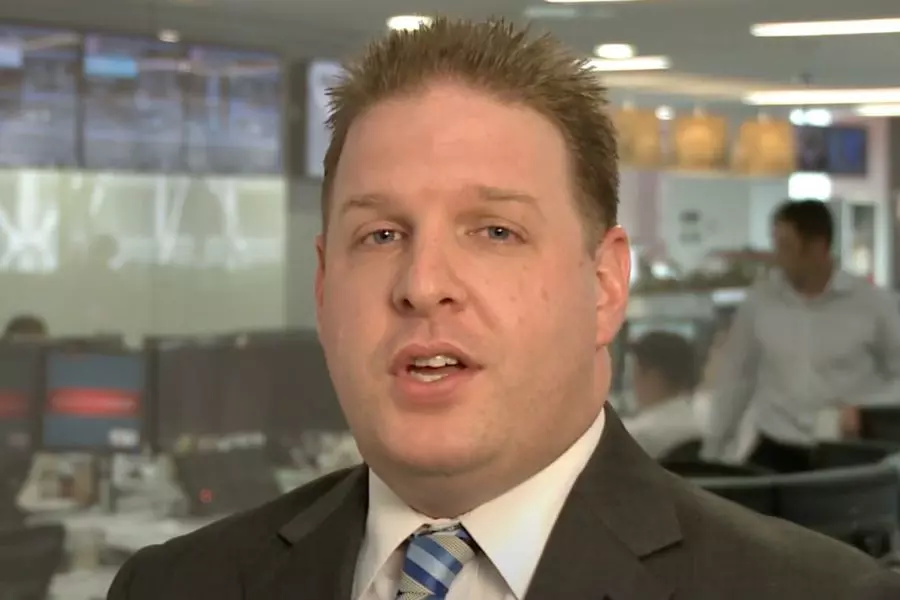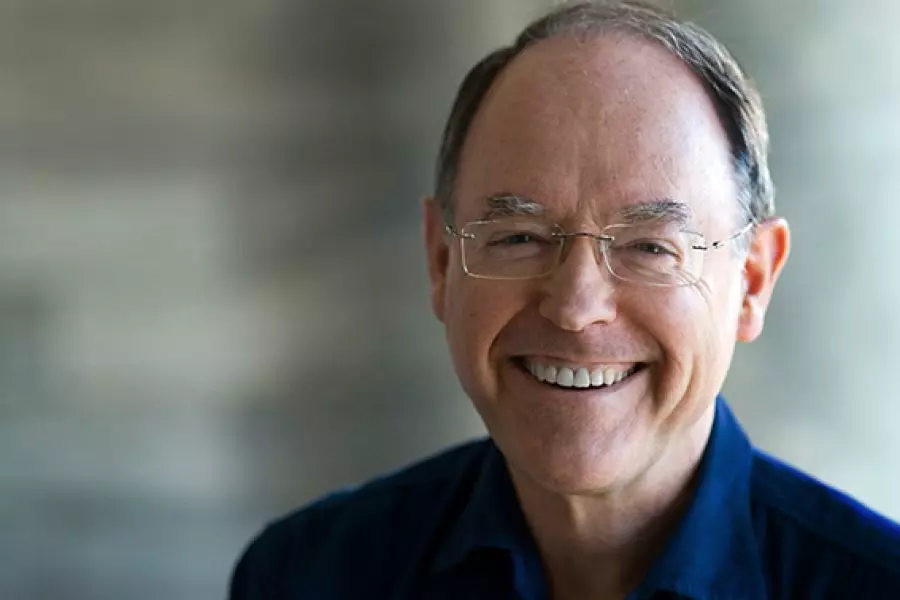News
House prices should fall next year - Westpac

Tuesday 9th of November 2021
Even then, the recent rate of increase has been so dramatic that, on Westpac’s forecasts, it could take a few years just to get house prices back to where they were at the start of this year.
In the bank’s latest Weekly Economic Commentary acting chief economist Michael Gordan says higher interest rates will have major implications for the housing market.
&ldquo...
Want to read the full article?
Click the button below to subscribe and will have unlimited access to full article and all other articles on the site.
2 min read






![[The Wrap] Bye Bye Bayly](https://goodreturns.publit.io/file/c_fill,w_900,h_600/39f23ac1-f7c7-4854-b700-a150004ebbac.webp)


